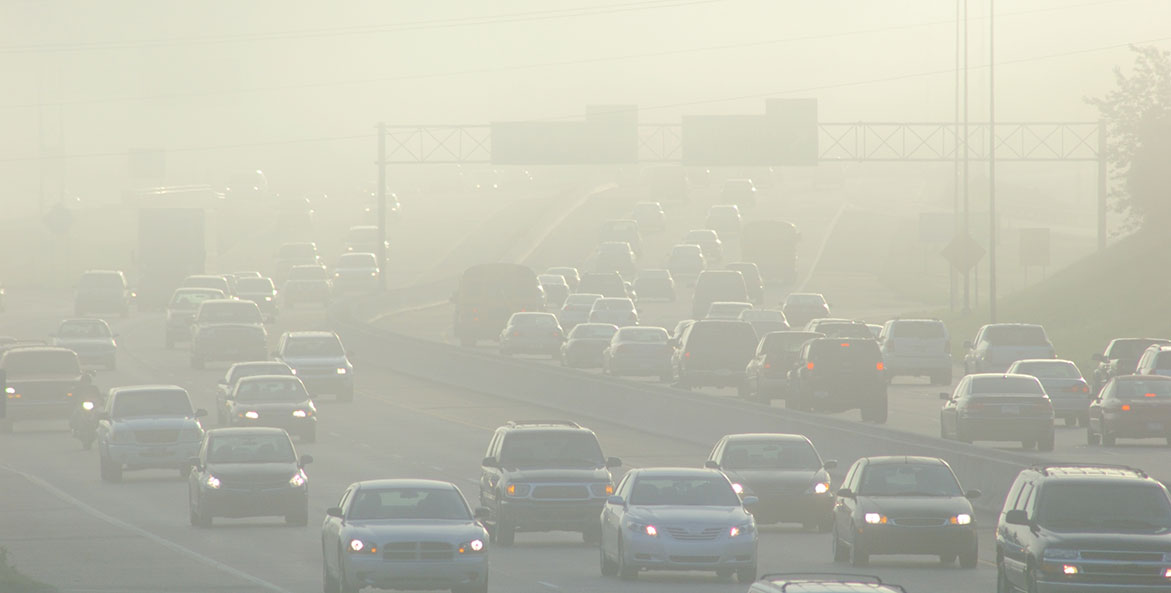Despite this year's challenges, we remain steadfast, persistent, and focused on our mission to Save the Bay. From CBF staff and volunteers to advocates, teachers, and students, We the Watershed are finding innovative ways to carry on our important work for clean water. Find these stories and more in our Fall/Winter issue of Save the Bay magazine.
Update: EPA released the final clean air cost-benefit rule on December 9. You can learn more about the rule and its impact in our press statement.
Since former businessman Mike Taylor retired and moved with his wife to their dream house on the Chesapeake Bay in 2014, the 62-year-old has become a committed advocate for the estuary.
He has traveled to Richmond and Washington, D.C., to lobby state and federal lawmakers. But he didn’t even have to leave his living room when he testified at a July 1 public hearing on the Environmental Protection Agency’s (EPA) proposal to change how it calculates the costs and benefits of Clean Air Act regulations.
Taylor’s road to Bay advocacy started with CBF’s Volunteers as Chesapeake Stewards (VoiCeS) program. He and his wife heard about the opportunity to learn more about the Bay and how to help restore it after moving into their waterfront home near CBF’s Brock Environmental Center.
“I believe in acting locally and doing your little part,” Taylor said. “That’s what gets change—people’s voices. It’s hard for a politician or bureaucracy to ignore a lot of voices. I feel like I’m doing something to help a little bit, which is all anyone can do.”
To deepen his involvement, Taylor became a Clean Water Captain. Captains work with CBF on the front lines in Virginia and Maryland to support the Chesapeake Clean Water Blueprint at the local, state, and federal level and defend against any attempts to weaken it.
So he didn’t hesitate when CBF asked him to testify about the dangers of EPA’s proposal. Taylor has experience making policy arguments from his years as a chief financial officer. Working with CBF outreach leaders in Virginia and Washington, D.C., Taylor marshalled the facts to make his case.
“I wanted to be as unemotional and fact-driven as possible,” he said. “I made sure I was prepared.”
His efforts paid off. EPA officials asked for a copy of his testimony and more information about a CBF study he cited on the economic benefits of a healthy Bay. Although it could be months before EPA issues a final rule, Taylor made sure EPA heard his voice—all the way from Virginia Beach.
LEARN MORE: To read CBF’s report on the economic benefits of cleaning up the Chesapeake, visit cbf.org/economicbenefits.

Washington, D.C. Communications & Media Relations Manager, CBF
[email protected]
202-793-4485



